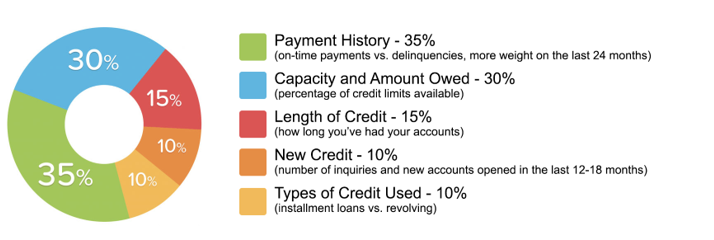
Financial Awareness Section 2
Credit
your credit score serves as an essential gauge of your financial reliability, dictated heavily by how well you manage debts in the realms of revolving, installment, open, and service credit. By maintaining control over these types of credit and adhering to responsible financial practices, you can navigate toward a higher credit score. This journey is critical not only for securing loans and credit but also for laying the foundation for long-term financial stability.
Credit Types
Absolutely! Let's break down the main types of consumer credit and how they work:
💳 Revolving Credit
Definition: A flexible credit line you can borrow from, repay, and use again.
Examples: Credit cards, HELOCs (Home Equity Lines of Credit).
Key Features:
Has a credit limit.
You’re charged interest on the balance you carry.
Minimum payments are usually required each month.
Your credit utilization rate (how much of your credit limit you’re using) affects your credit score.
🏠 Installment Credit
Definition: A fixed loan amount repaid over time in scheduled payments.
Examples: Mortgages, auto loans, student loans, personal loans.
Key Features:
Fixed monthly payments.
Set loan term (e.g., 5 years, 30 years).
Typically carries fixed or variable interest.
Lower impact on credit utilization—but late payments seriously ding your score.
🛍️ Open Credit
Definition: A balance that must be paid in full every billing cycle.
Examples: Charge cards (like American Express), some utilities.
Key Features:
No set credit limit in some cases.
Can help build credit if paid on time.
Doesn’t allow carrying a balance.
📱 Service Credit
Definition: You receive services (like phone or internet) and pay later.
Examples: Cell phone contracts, streaming subscriptions.
Key Features:
Not always reported to credit bureaus.
May affect your credit if sent to collections.
Each type of credit impacts your credit score differently—especially revolving credit through utilization, and installment credit through payment history. Curious how mixing these types affects your credit portfolio? I can help break that down next!


